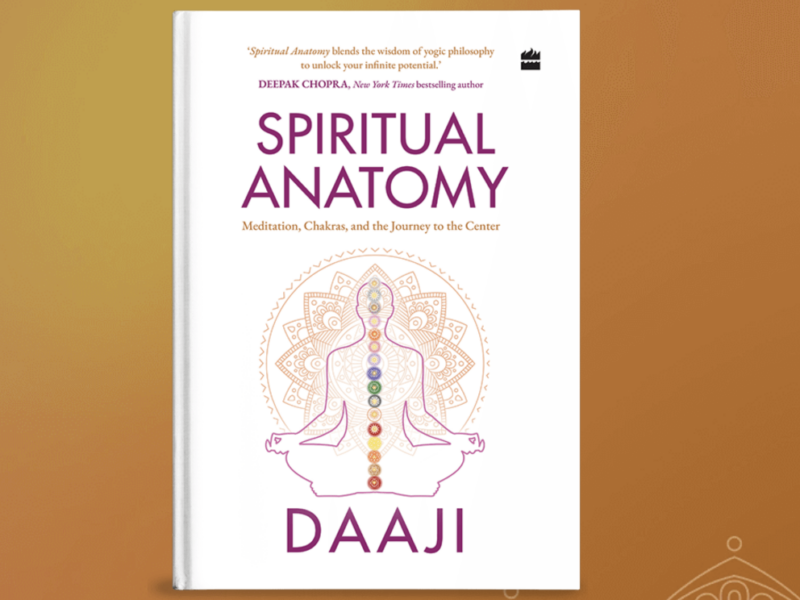 1. Take a nature walk.
1. Take a nature walk.
Studies have shown that getting outside in nature improves well-being. Watch the trees and the leaves, some changing color, some falling off the trees. Find a new trail and hug a tree. Hear your footsteps as you walk. Be the tree and let what is temporary fall away.
2. Focus on small tasks.
Practice mindfulness as you complete the smaller things on your list—housework, paperwork, yard work. Focus fully on what you are doing right here, right now, checking in with all your senses as you do your tasks. If your thoughts wander to something bigger looming in the future, gently guide your mind back to the task at hand. By staying in the present moment, you stop giving importance and attention to your past or future worries.
3. Watch or read something silly.
Entertainment is more than an escape. Studies have shown that laughter reduces the release of stress hormones in your body. Catch a silly movie, or read the latest book from your favorite funny guy or gal.
4. Sing (really).
Studies have found that singing has a positive impact on affect and anxiety, and may even reduce depression. So turn up the music and sing along or gather some friends for karaoke—if nothing else, it will make you laugh (see tip 3).
5. Try a basic breath practice meditation.
![]() Watch your breath, which eventually makes it easier for you to focus on other tasks in your everyday life (without stressing). During this practice, it’s completely OK if you find yourself thinking about other things—just stay with your breath.
Watch your breath, which eventually makes it easier for you to focus on other tasks in your everyday life (without stressing). During this practice, it’s completely OK if you find yourself thinking about other things—just stay with your breath.
This article was first published in the print edition of Yoga Journal Singapore, which is now Yogahood Online.







